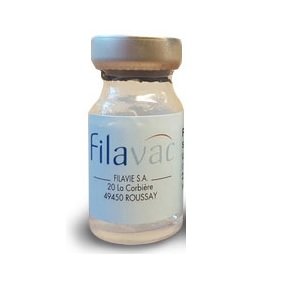Rabbit Calicivirus
Rabbit haemorrhagic disease (RHDV1) in NZ rabbits causes acute sudden death and is easily transmitted through fomites (bedding, hay etc). It was introduced into NZ illegally in 1997 but has become widespread so vaccination of pet rabbits has been an important part of their welfare.
Filavac vaccine is available to protect rabbits againsts all 3 strains of RHDV in New Zealand.
- RHDV1 is widespread.
- RHDV1 K5 was introduced here in March 2018 (to control wild rabbits).
- RHDV2 was detected in wild rabbit samples collected in 2017.
Although the virus has been successful in reducing the numbers of wild rabbits in NZ, there has been developing natural resistance to RDHV1.
It is recommended that all domestic rabbit owners vaccinate their rabbits and ensure their animals’ vaccinations are up-to-date. Six monthly vaccination protocols are recommended but annually as a minimum.
The Ministry of Primary Industries in NZ recommend that rabbit owners take the following extra precautions:
- Prevent direct and indirect contact between domestic and wild rabbits.
- Avoid cutting grass and feeding it to rabbits if there is the risk of contamination from wild rabbits.
- Wash hands, with warm soapy water between handling rabbits.
- Good insect control is also important and will help reduce the risks of introduction of RHDV. Insect control could include insect proofing the hutch or keeping the rabbits indoors.
- Infected rabbits should be isolated and disposed of in a manner that will minimise environmental contamination.
- All cages and equipment should be thoroughly cleaned and disinfected. Disinfectants that can be used to decontaminate any equipment include 10 % bleach, 10 % sodium hydroxide, or parvocide disinfectants like virkon. If using disinfectants material safety data sheets must be available and consulted, prior to use.
If you wish to book your rabbit for the next available time slot, please call our Pakuranga Clinic on 576 4108 or our Whitford Clinic 530 8280.


